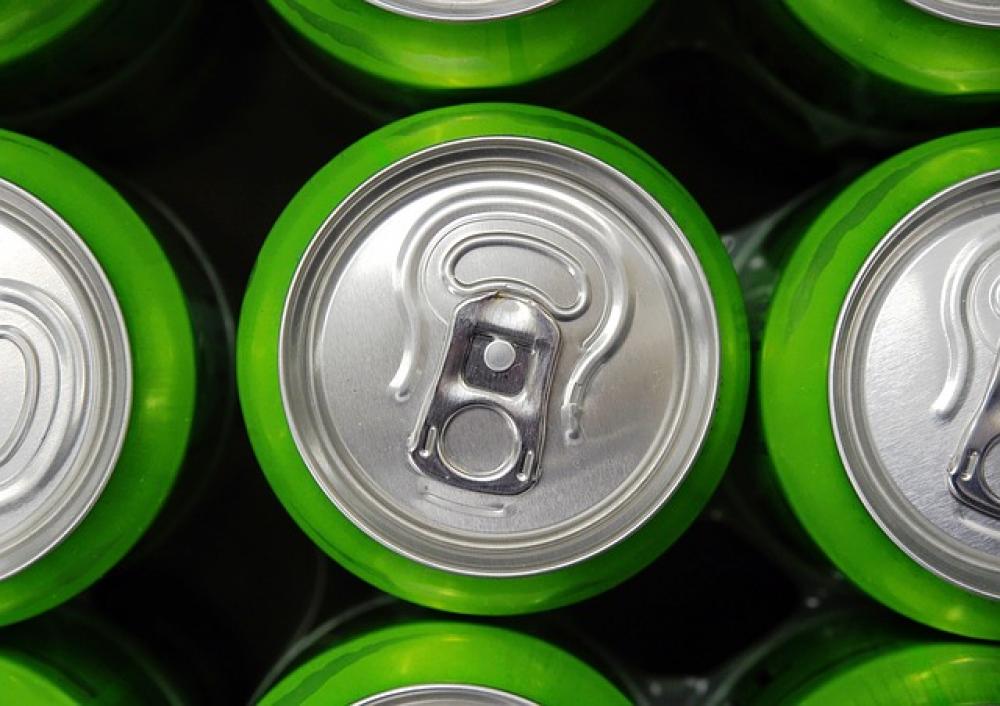How Corrosive Is Your Beverage?

An estimated 1 in 7 energy drinks are too corrosive to put in cans. If you are producing in aluminum cans, your beverage must be corrosion tested. Every can is lined with protective coating that prevents corrosion. In order to properly line the cans, can manufactures need to determine how corrosive your beverage will be.
The following can cause your beverage to be corrosive:
- pH – the level of acidity or alkalinity of the beverage
- Brix – the beverage’s sugar concentration (1 Brix = 1g of sugar in 1g of solution)
- Titratable Acidity (TA) – amount of acid present in a solution
- Acid Types (such as Citric Acid or Phosphoric Acid)
- Coloring additives like Red #40, Yellow #5, and Yellow #6
- Chlorides
- Copper
- Percent of Juice
- Percent of Alcohol
- Volumes of CO2
- Filling and Preservation Methods
Having the proper testing done ahead of time can help save time and money, especially knowing that some beverages can be too corrosive to be put in cans.
